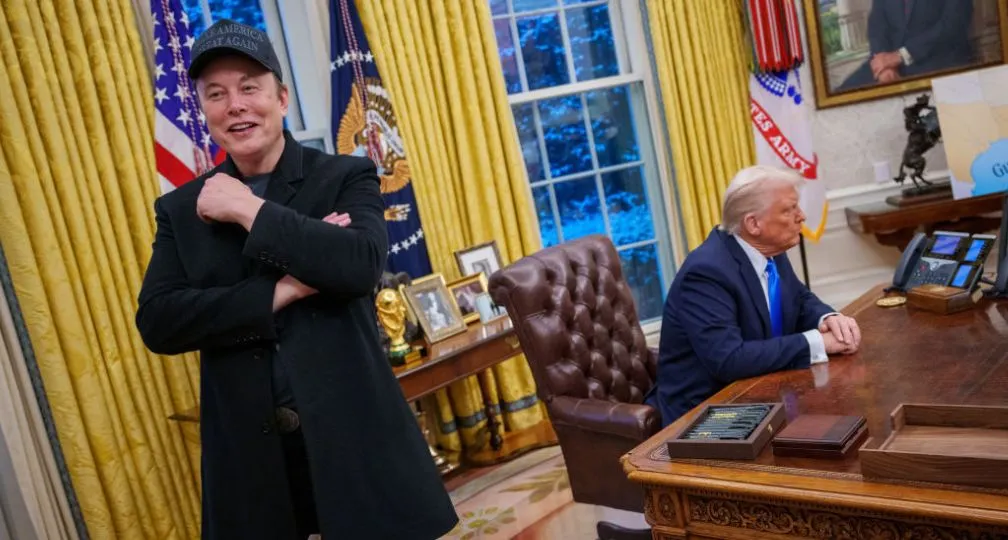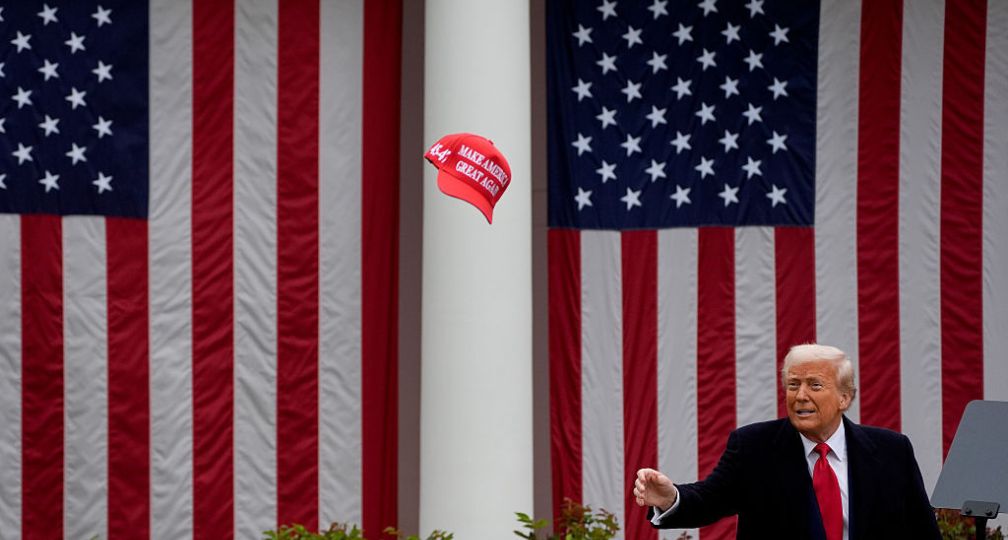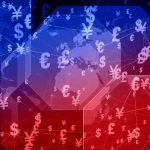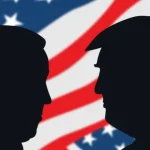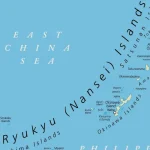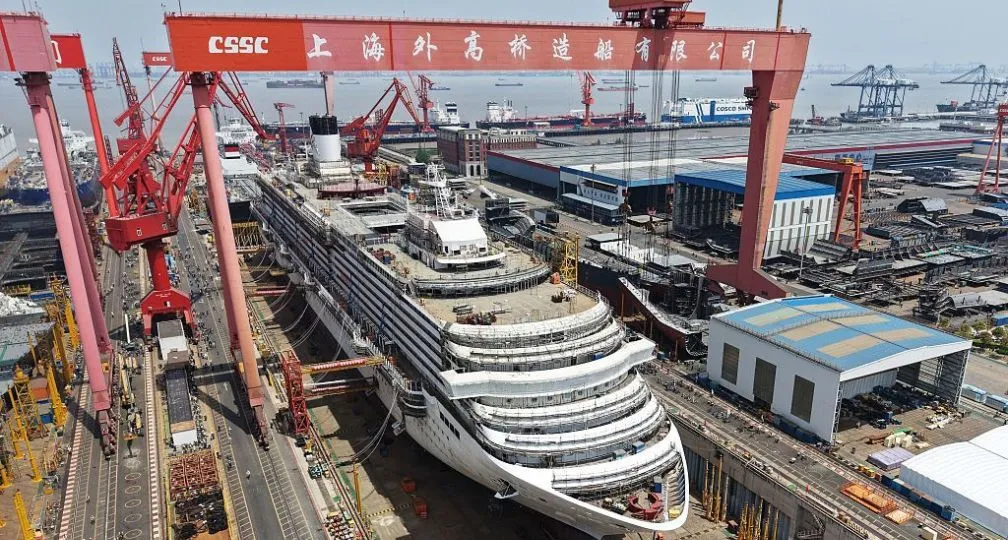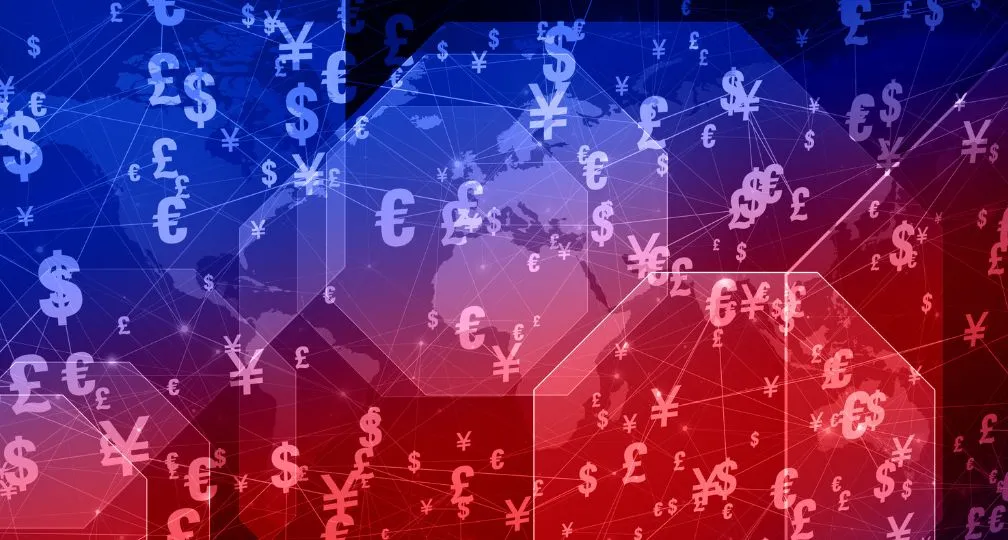IOG Economic Intelligence Report (Vol. 2 No. 5)
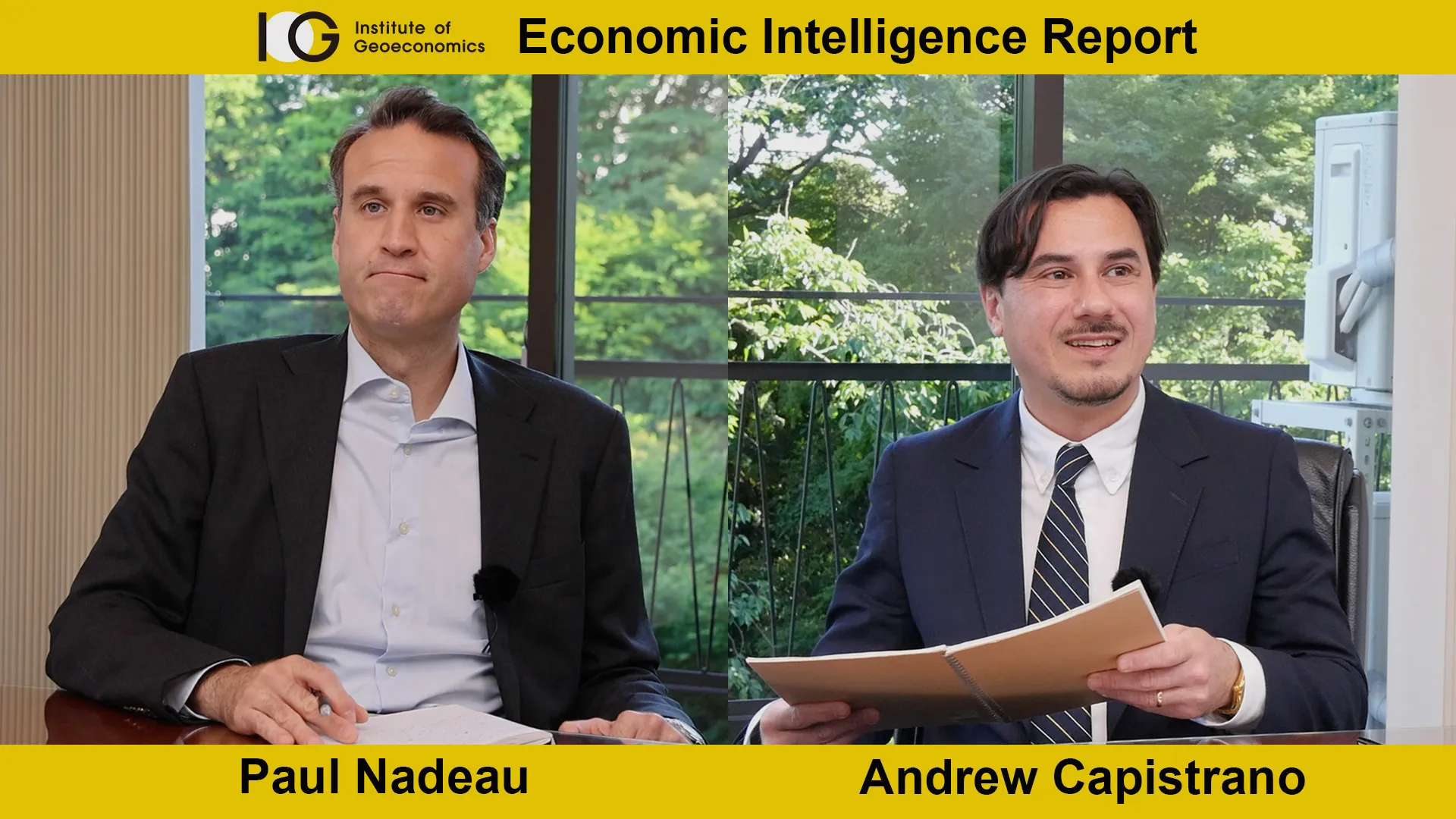
The latest regulatory developments on economic security & geoeconomics
Breakthrough?: U.S. President Joe Biden and European Commission President Ursula von der Leyen announced that they would launch negotiations on a critical minerals agreement that would allow EU electric vehicle manufacturers to benefit from tax subsidies provided by the Inflation Reduction Act which was passed by the U.S. Congress last summer. The agreement would treat raw materials such as nickel, cobalt, and lithium that were “sourced or processed” in the EU to be treated the same as those sourced in the American market for the purposes of IRA tax subsidies. Previously, EU firms were concerned that the language in the IRA would freeze out EU manufacturers to the benefit of U.S. manufacturers. Biden and von der Leyen also agreed to set up a “Clean Energy Incentives Dialogue” to better coordinate clean technology subsidies in the future.
Relaxing Controls: Reports suggest that Japan will lift its export controls against South Korea on materials for advanced semiconductors provided that South Korea withdraws its dispute over the measures at the World Trade Organization. Japan imposed export controls in 2019 due to long-standing concerns that the materials may have diverted to military uses or making their way to China. Given that the 2019 announcement also followed the South Korean Supreme Court’s decision requiring Japanese companies to pay compensation for forced labor during World War II, many, particularly in South Korea, assumed a link between the controls and the court decision. With an agreement now in place between Japan and South Korea regarding forced labor, it seems Japan is willing to relax the export controls.
Stepping Back: According to a report in Politico,the Biden administration is considering stepping back from new restrictions on U.S. investment in China, focusing instead on expanding transparency of those deals, such as requiring firms to notify federal authorities when preparing deals in advanced technology fields like quantum computing and AI. The report suggests that the step away from stronger restrictions is due to concerns from the Treasury Department that expanded rules could reduce business opportunities in China and put firms at a competitive disadvantage to firms from Europe and Asia.
Finding an Alternative: Japan has agreed to join the Multi-Party Interim Appeal Arbitration Arrangement, an alternative to the World Trade Organization’s trade dispute resolution mechanism initiated by the European Union. The WTO’s dispute settlement mechanism effectively ground to a halt following U.S. efforts to block the appointments of new judges to the Appellate Body due to disputes over the WTO’s “judicial activism.” In addition to Japan, the EU-initiated body includes 52 members and regions, including Australia, Brazil, Canada, and China. The WTO issued its first ruling based on the new system in December 2022.
New Rules: The Netherlands is proposing export restrictions on immersion deep-UV lithography technology, a key technology in cutting-edge chips. The Netherlands is home to ASML, the world’s only manufacturer of such lithography machines. The company has long been prevented from exporting its most advanced lithography machines to China, the proposal would expand restrictions to the next level below that.
Protection from Solar: Senators Bob Casey (D-PA) and Sherrod Brown (D-OH) sent a letter to the White House asking President Biden to terminate the suspension of new tariffs on solar panels, arguing that “ the U.S. government must stand strong in its commitment to protect and promote domestic workers and industry” particularly from China. Legislation to this effect has bipartisan support in the House of Representatives but companion legislation in the Senate has so far only attracted Republican support.
Tit-for-tat: France and Italy have expressed their support for an EU Sovereignty Fund, proposed by the European Commission to prioritize “Made in Europe” products through industrial funding and softer state rules for direct funding for industries. Their agreement with the new fund is notable given that France and Italy have frequently clashed on industrial policy.
Fundamental Concerns: The Office of the U.S. Trade Representative released its annual report on China’s compliance with its trade obligations. The report criticized China’s state-led approach to trade and economics, charged that the “Phase 1” agreement negotiated by the Trump administration failed to address the “fundamental concerns” that the United States has with China’s state-led model, but generally its findings are similar to last year’s report.
Another Round: Another round of the IPEF negotiations is set to take place in Bali in mid-March. U.S. negotiators remain optimistic that an agreement could be reached by the end of this year, with some U.S. sources even believing in the potential for “early harvest” on some provisions before the APEC ministerial gathering in Detroit this May.
Analysis: Why Does the United States Seem So Hypocritical on Trade Policy?
It’s getting easier to charge the United States with hypocrisy in terms of how it’s trying to manage the international rules-based trading system. The World Trade Organization’s Appellate Body, responsible for managing trade disputes, has effectively ground to a halt with two U.S. administrations deciding against nominating new judges to the body and preventing it from reaching a quorum where it can adjudicate disputes. It’s kept the Trump administration’s steel tariffs in place despite the WTO finding that the national security grounds for the tariffs are unfounded.
It has real damage too – there might not be any law against hypocrisy, but on enough issues and over a long enough time, hypocrisy undermines legitimacy. Given that support of the international order is supposed to be one of the primary goals of U.S. strategy, being a hypocrite is self-defeating. The question is what explains why the United States trumpets the value of open economies and a rules-based trading system while also doing things in international trade that are neither open nor rules-based.
The first reason is pretty basic – everyone’s a hypocrite. As the United States was lecturing Japan about its protections for its rice growers during the TPP negotiations or Canada about its dairy farmers, someone could (and likely did) point out U.S. protections on its sugar industry. Everyone in international trade has something similar and they don’t mind stretching the rules to protect that. Trade policy is a glass house, and everyone has stones to throw if they wanted.
The second reason is that big economies like the United States have more things they can be hypocritical about. When economies are big and diverse, there are more stakeholders across different sectors that can come calling with complaints and pressure. Trying to manage a U.S.-sized economy means responding to more such complaints than most economies and the U.S. political system is pretty effective at channeling the concerns of organized interests to the top of the policy ladders. In the aggregate this means that U.S. policy ends up getting twisted into knots as it tries to address everything, even as those goals might contradict.
The final, and maybe the most critical reason is because the United States doesn’t have a meaningful social safety net. That might not sound like a trade issue, but it has a meaningful impact on how the United States pursues international economic policy. In the absence of unemployment support, professional retraining programs, and by having health care linked to employment, job protection has an outsized importance in U.S. trade policy compared most other advanced economies. While most economies can pursue liberalized trade because they have the social supports in place to help their workers ride out any dislocations, for the United States, job loss is basically inevitable if it wants to open its economy to foreign competitors.
This is why the United States has had to rely on trade remedies, like claiming that steel and iron imports are a national security issue, or border protections like on solar panels. In effect, these trade remedies and border protections are making U.S. trading partners bear the burden of the missing social safety net. While U.S. administrations might have once been judicious in applying these measures, they’ve become used more frequently and with new applications. Without a social safety net, it’s all there is for U.S. policymakers to fall back on.
It’s a particular problem for the United States because not only is its trade policy connected to job growth, but it’s also supposed to be the standard-bearer for the rules-based order that’s predicated on economic openness. To the outside world, what looks like hypocrisy (and frankly is) is the result of the unresolved tension between liberalization and employment. Trying to reconcile those goals is challenging, to say the least. It’s a big reason why U.S. trade policy is now in the state that it’s in with the Biden administration – a one-foot-in-one-foot-out approach that tries to square international economic engagement while protecting U.S. workers from being overexposed to foreign competition. While there might be a good explanation for apparent U.S. hypocrisy on trade, unfortunately it’s not going to be solved any time soon.
Disclaimer: The views expressed in this IOG Economic Intelligence Report do not necessarily reflect those of the API, the Institute of Geoeconomics (IOG) or any other organizations to which the author belongs.
API/IOG English Newsletter
Edited by Paul Nadeau, the newsletter will monthly keep up to date on geoeconomic agenda, IOG Intelligencce report, geoeconomics briefings, IOG geoeconomic insights, new publications, events, research activities, media coverage, and more.


Visiting Research Fellow
Paul Nadeau is an adjunct assistant professor at Temple University's Japan campus, co-founder & editor of Tokyo Review, and an adjunct fellow with the Scholl Chair in International Business at the Center for Strategic and International Studies (CSIS). He was previously a private secretary with the Japanese Diet and as a member of the foreign affairs and trade staff of Senator Olympia Snowe. He holds a B.A. from the George Washington University, an M.A. in law and diplomacy from the Fletcher School at Tufts University, and a PhD from the University of Tokyo's Graduate School of Public Policy. His research focuses on the intersection of domestic and international politics, with specific focuses on political partisanship and international trade policy. His commentary has appeared on BBC News, New York Times, Nikkei Asian Review, Japan Times, and more.
View Profile-
 DOGE Shock and Crisis in U.S. Credibility2025.07.14
DOGE Shock and Crisis in U.S. Credibility2025.07.14 -
 India’s Strategic Autonomy in a Trumpian World2025.07.11
India’s Strategic Autonomy in a Trumpian World2025.07.11 -
 Air superiority vs. air denial: Redefining U.S. airpower strategy2025.07.09
Air superiority vs. air denial: Redefining U.S. airpower strategy2025.07.09 -
 The Lessons of the Nippon Steel Saga2025.07.08
The Lessons of the Nippon Steel Saga2025.07.08 -
 Unchecked and unbalanced: The future of U.S. economic policymaking2025.07.07
Unchecked and unbalanced: The future of U.S. economic policymaking2025.07.07
 The Lessons of the Nippon Steel Saga2025.07.08
The Lessons of the Nippon Steel Saga2025.07.08 From dollar hegemony to currency multipolarity?2025.06.25
From dollar hegemony to currency multipolarity?2025.06.25 The Big Continuity in Trump’s International Economic Policy2025.06.11
The Big Continuity in Trump’s International Economic Policy2025.06.11 India’s Strategic Autonomy in a Trumpian World2025.07.11
India’s Strategic Autonomy in a Trumpian World2025.07.11 The Tyranny of Geography: Okinawa in the era of great power competition2024.02.09
The Tyranny of Geography: Okinawa in the era of great power competition2024.02.09


